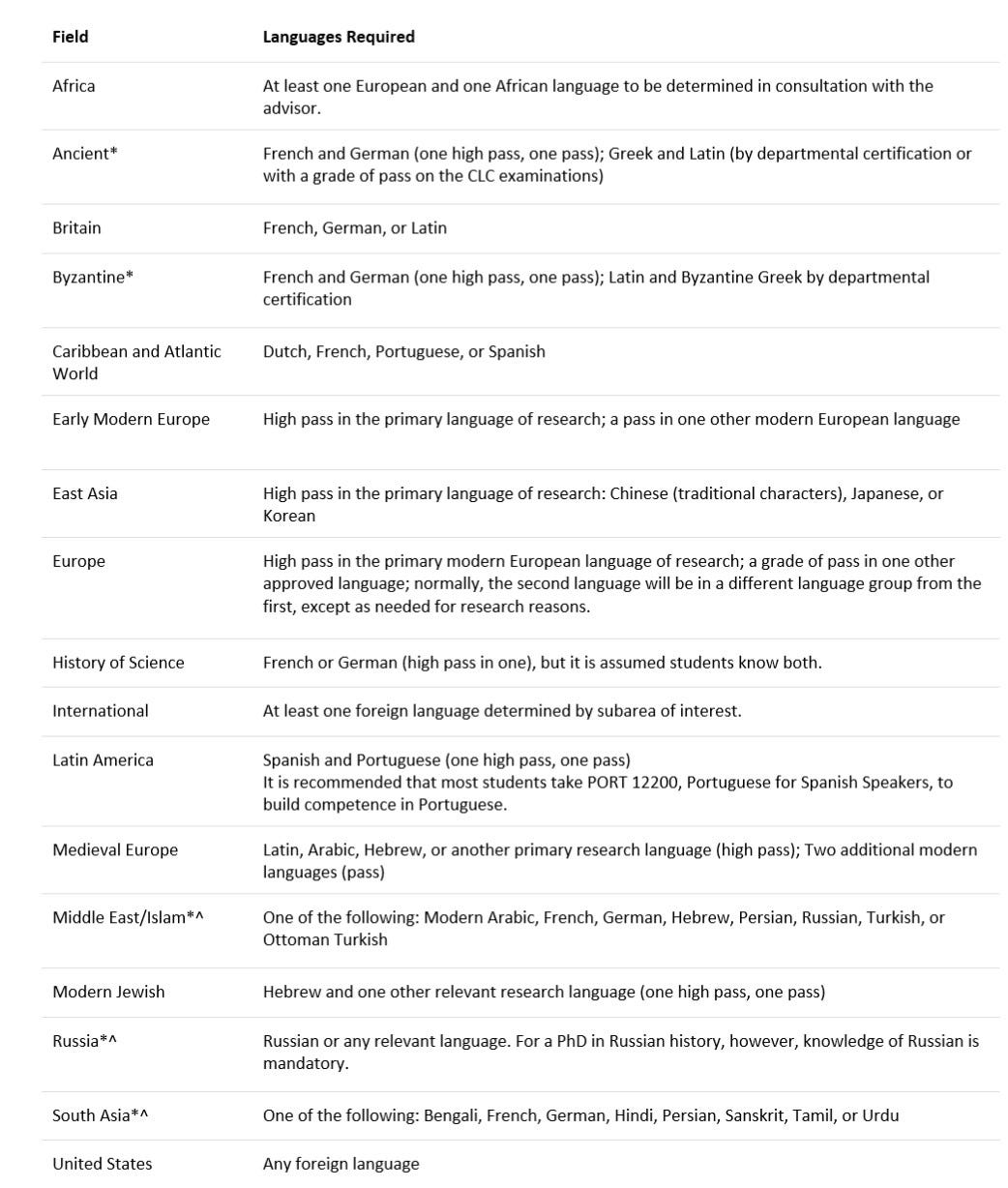Here’s just a few Grad School updates.
In the next couple of weeks, I’m hoping to reach out to the University of Chicago’s language school to see if I can schedule a test for French proficiency in the summer. I have no idea if this is a wise move or not—Luther Seminary may want to test me on more theological readings. However, I’m rather interested to see how I’m doing, and I thought this might be a good measuring stick.
Did you know that for a Church History degree, you need to learn to read French and German? I’ve had a lot of folks confused about this particular aspect of school. How could one possibly do that? Why those two languages in particular?
1.) First, I want to be clear: I am learning to read those languages, not necessarily produce or understand them via listening. True fluency is vastly different than what I’m doing. Language learning for academic purposes is essentially decoding. You get a big book of all the common ways language is used in an academic setting, and then you get to work memorizing them, plus lots and lots of vocabulary.
No, it’s not easy, but written language is a lot more stable than oral language. Written language doesn’t change per speaker or accent, it can be read and re-read, and even in proficiency tests, you’re allowed to take a dictionary in!
Right now, I can read most casual conversations (I can keep up on French forums, which I could not do a few months ago.) I run into more unfamiliar words within the academic texts I’m working with, but that’s to be expected. I’m halfway through the textbook used for academic reading at the University of Chicago, and if anyone wants to supercharge their Duolingo, this is the way to go.
Between the book (and there’s a second one more focused on theological readings, this one’s a bit science-centric) and slamming vocabulary, I’m happy with my progress. I’m hoping to be at-level by June and then transition to German, which I am told is much more difficult.
Ultimately, the point of language learning for a humanities degree is to participate in your field. Yes, many of the common historical documents are translated into English, but not all. More importantly, articles are currently published in other languages (yes, most commonly French and German), and no one is devoting the time and money to translating them. To ensure that you are up-to-date in your field, you have to read everything current. The beginning of the French textbook shares the story of a scientist who creates a whole experiment series and goes to publish his findings, only to find out that if he had read the articles coming out of France, he would have known that they had already done all that work and beat him to the punch.
I have a sneaking suspicion that this is a requirement that will go by the wayside within the next decade or sooner. Translation AIs and apps are getting so good that we are closer to the era of the Universal Translator than we think. However, the business of translating historical documents is subtle, especially as words and their uses change through the centuries. It will always need a guiding hand on sensitive documents. However, one could probably get the general gist of an article to ensure that you’re not replicating someone else’s work or missing a major chunk of the conversation with Google Translate now.
4.) French and German are really for joining the conversation in publishing. If you are going to be, say, an early church historian, you’re looking at languages like Koine Greek, Aramaic, Hebrew, and Latin. For reference, this is UChicago’s history department's language requirements for a Ph.D.
Ultimately, the language you need to know comes down to the niche you are studying. I have a strong interest in the Welsh and Irish churches, but the language requirements for that may just take me out. It certainly may be easier for UK scholars who have gone to school in Welsh!
If I’m being very honest, the reason why I’m working to get French and German to pass/high pass within the year is because I would like to focus on Greek. With the Herculaneum scrolls (the charred scrolls destroyed by Mt. Vesuvius) now being opened (slowly) via AI, the thought of being part of the first generation of scholars to read them is one of my highest hopes.
I have a doozy of a post cooking for all of you this upcoming week, lots of research going in!





Wow Shay, I knew (since we spoke about it) you were needing 2 languages, however reading the details helped me gain perspective, it’s a lot!